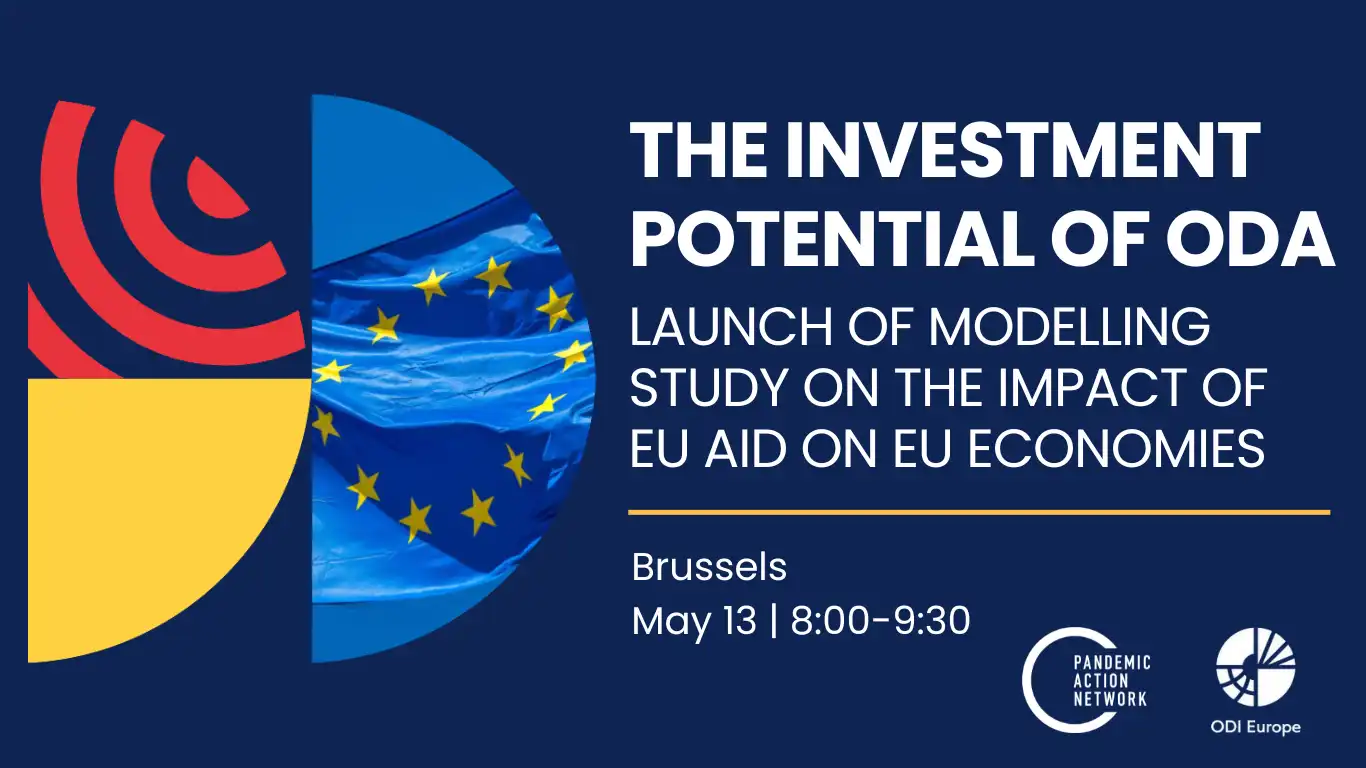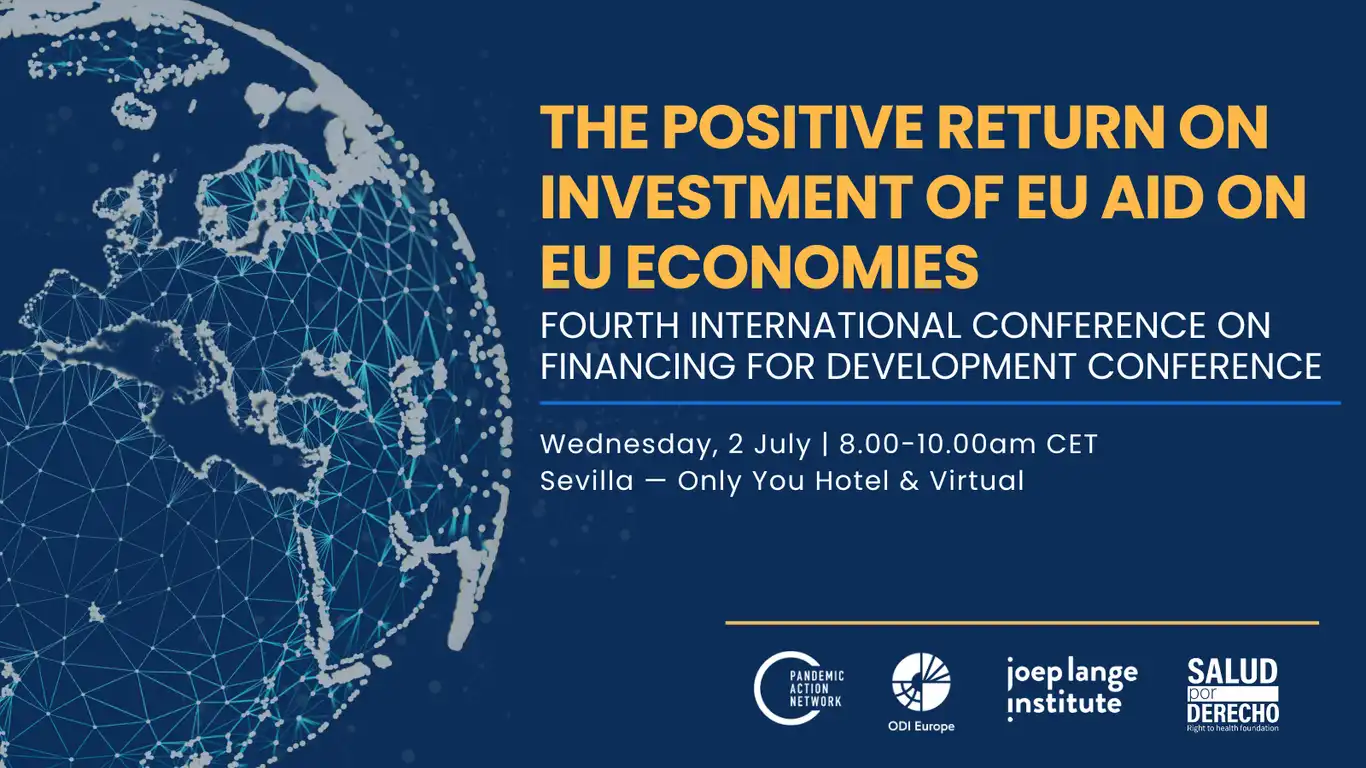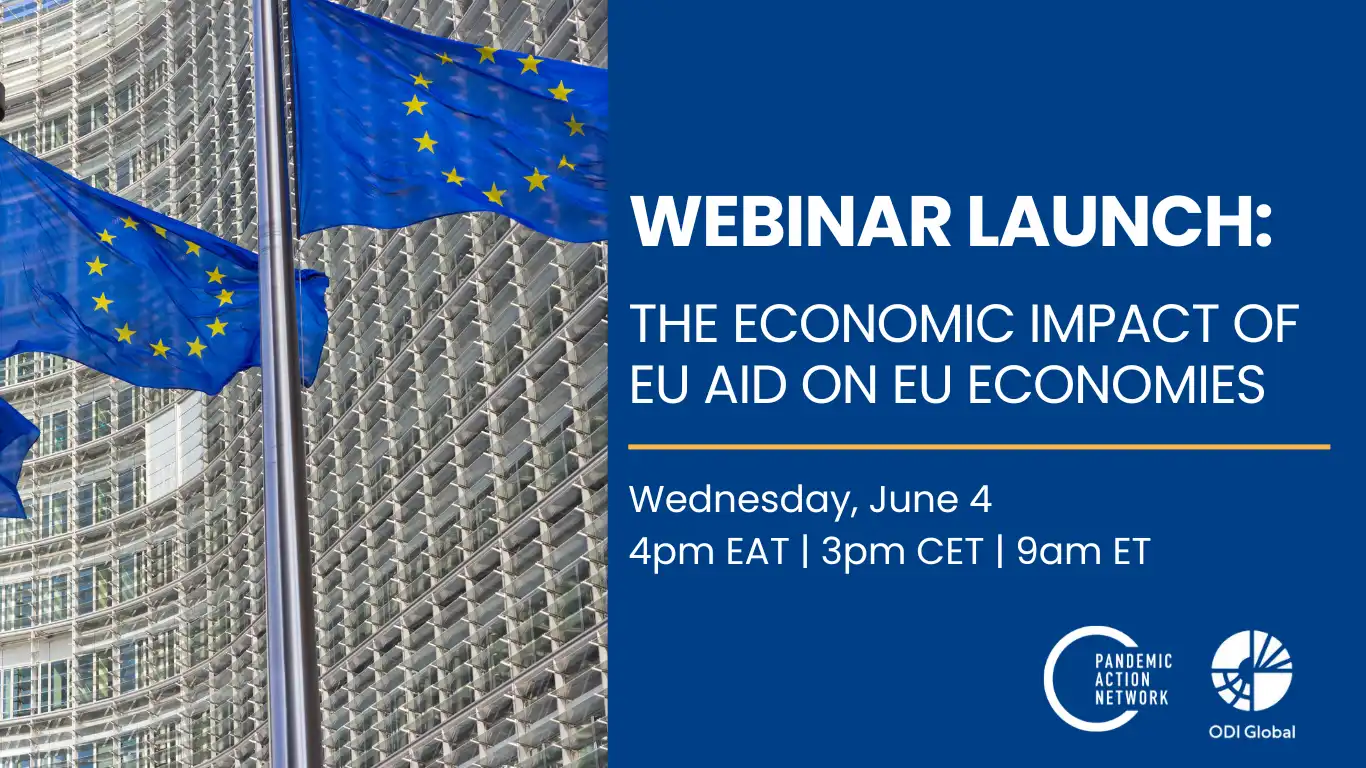As the European Commission prepares to release its proposal for the next Multiannual Financial Framework (MFF), the global development landscape faces significant challenges. Several EU member states, along with the U.K. and the U.S., have recently announced substantial cuts to their Official Development Assistance (ODA) budgets. Meanwhile, mounting financial pressures — from the repayment of NextGenerationEU loans to the ongoing war in Ukraine and rising defense expenditures – threaten to further constrain ODA funding in the next MFF. At the same time, global crises, including pandemics, climate change, and geopolitical instability, have reinforced the need for sustained international cooperation and investment in development. The EU has long positioned itself as a leader in global development, yet with increasing fiscal constraints, ODA is often framed as a financial burden rather than a strategic investment.
Beyond the EU’s commitment to the Sustainable Development Goals – and the moral and ethical case for ODA – there is need for a closer look at ODA’s economic return for the EU. This breakfast event, organised jointly by Pandemic Action Network and ODI Europe, seeks to unpack this issue by presenting the findings of a new modelling study conducted by ODI Global. The study examines the impacts of EU aid on EU economies, offering evidence that development cooperation delivers measurable financial returns. Experts from policy, research, and politics will discuss these findings, explore the future of ODA beyond 2028, and examine how to make the case for aid investments in an increasingly constrained fiscal and political environment.
Location: Atelier 29, Rue Jacques de Lalaing 29, Brussels 1000





